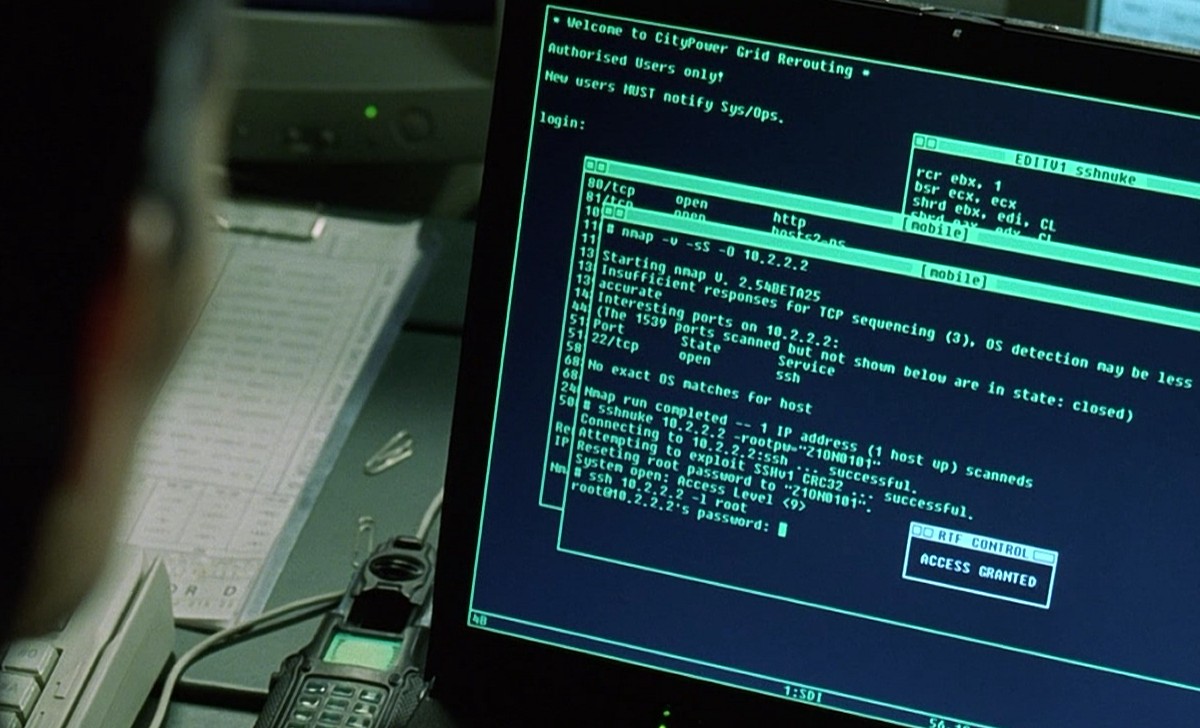Who or what the hell is a Hacker?
Do we really understand the term “hacker”? There is a thin digital line that divides the hacker that most digerati knows and the hacker (who are more aptly termed as crackers) that other common technical people refer too.
Computer pirates, cybernetic criminals, technology experts at the service of any cyber-gang or cyber-terrorists are some of the terms associated with the so called “hackers”. Despite all that, “Hacker” seems to garner much more meanings than the online community is ready to accept.
Linus Torvalds (the Linux operating system creator) said that Linux hackers work on it because they feel it’s interesting and attractive. Pekka Himanem in his book (The Hacker Ethic and the Spirit of the Information Age) said that for hackers, programming, software developing and computers are very interesting things. Hackers like to play with intelligence. They like to break all the rules (not necessarily doing something bad). Hackers are motivated and driven by the challenge of something harder because they continually want to show how good, smart and intelligent they are.
Hackers are believed to be interested more in their hacks and not for the money they can get. Money isn’t the principal goal for them. Hacker is applied almost to every activity or discipline you do. For instance, you can be an automobile mechanic and be a hacker, you can be a dentist and be an expert (a hacker) on this career, you don’t need to have available high technology or computer softwares, you just need to be a passionate genius or expert in any area.
Bob Bickford, a computer and video guru said for Micro Times on December 1986, “A Hacker is any person who derives joy from discovering ways to circumvent limitations”.
Regrettably, the terms hacker and hack are marked by a controversy with a bad and good connotation. Many computer programmers and others use the words hacking, hack and hacker to express any admiration for the abilities and skills a special software developer. But typically peoples use the word to describe someone who “hack into” a system by evading the security of the servers.
Not only there is a controversy but an ambiguity. Hack is currently used in two main ways:
- Pejorative way: Generally a lot of people and media often refers to computer intruders or criminals that violate the security of the computer systems. For example, “A hacker broke through the US pentagon security”.
- Complimentary way: refers to the brilliant work of a programmer or expert. For example, “Richard Stallman, the Emacs creator is one of the most important hackers”.
In fact, in the jargon file (a dictionary of hacker jargon) emphasizes the positive connotation of the word hacker. Apparently for someone, hackers are good guys but it may not be for others. The bad sense of this activity is known as “Cracking” and peoples who crack are called “Crackers”. Hackers are not crackers. They have similar knowledge but different goals.
In conclusion, computer hackers are not a criminals or terrorists. The hacker community don’t like to hear from anybody that associate them with bad reputation or something negative. They work based on the solidarity. Hackers are unruly but not dangerous people.
